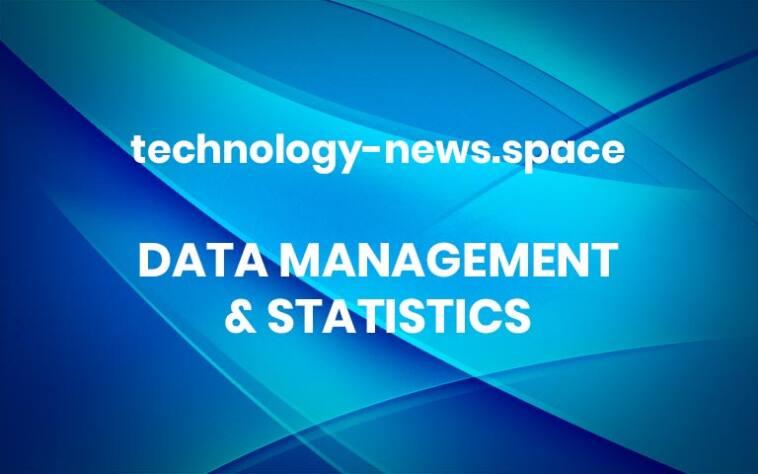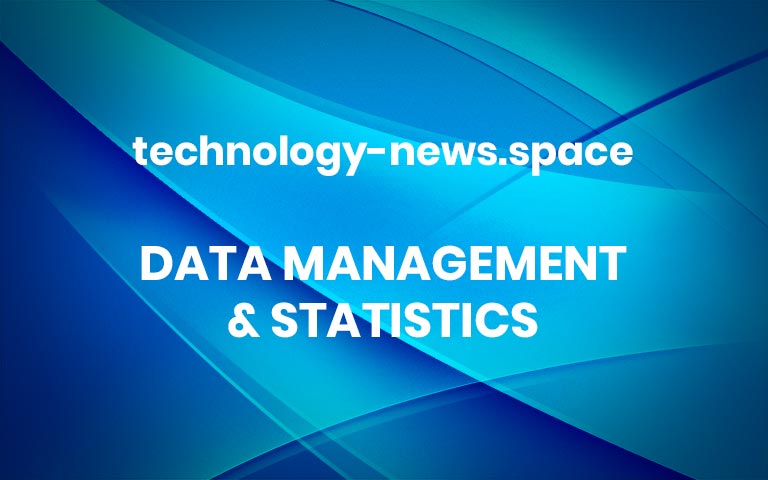Advancing technology for aquaculture
According to the National Oceanic and Atmospheric Administration, aquaculture in the United States represents a $1.5 billion industry annually. Like land-based farming, shellfish aquaculture requires healthy seed production in order to maintain a sustainable industry. Aquaculture hatchery production of shellfish larvae — seeds — requires close monitoring to track mortality rates and assess health from the earliest stages of life.
Careful observation is necessary to inform production scheduling, determine effects of naturally occurring harmful bacteria, and ensure sustainable seed production. This is an essential step for shellfish hatcheries but is currently a time-consuming manual process prone to human error.
With funding from MIT’s Abdul Latif Jameel Water and Food Systems Lab (J-WAFS), MIT Sea Grant is working with Associate Professor Otto Cordero of the MIT Department of Civil and Environmental Engineering, Professor Taskin Padir and Research Scientist Mark Zolotas at the Northeastern University Institute for Experiential Robotics, and others at the Aquaculture Research Corporation (ARC), and the Cape Cod Commercial Fishermen’s Alliance, to advance technology for the aquaculture industry. Located on Cape Cod, ARC is a leading shellfish hatchery, farm, and wholesaler that plays a vital role in providing high-quality shellfish seed to local and regional growers.
Two MIT students have joined the effort this semester, working with Robert Vincent, MIT Sea Grant’s assistant director of advisory services, through the Undergraduate Research Opportunities Program (UROP).
First-year student Unyime Usua and sophomore Santiago Borrego are using microscopy images of shellfish seed from ARC to train machine learning algorithms that will help automate the identification and counting process. The resulting user-friendly image recognition tool aims to aid aquaculturists in differentiating and counting healthy, unhealthy, and dead shellfish larvae, improving accuracy and reducing time and effort.
Vincent explains that AI is a powerful tool for environmental science that enables researchers, industry, and resource managers to address challenges that have long been pinch points for accurate data collection, analysis, predictions, and streamlining processes. “Funding support from programs like J-WAFS enable us to tackle these problems head-on,” he says.
ARC faces challenges with manually quantifying larvae classes, an important step in their seed production process. “When larvae are in their growing stages they are constantly being sized and counted,” explains Cheryl James, ARC larval/juvenile production manager. “This process is critical to encourage optimal growth and strengthen the population.”
Developing an automated identification and counting system will help to improve this step in the production process with time and cost benefits. “This is not an easy task,” says Vincent, “but with the guidance of Dr. Zolotas at the Northeastern University Institute for Experiential Robotics and the work of the UROP students, we have made solid progress.”
The UROP program benefits both researchers and students. Involving MIT UROP students in developing these types of systems provides insights into AI applications that they might not have considered, providing opportunities to explore, learn, and apply themselves while contributing to solving real challenges.
Borrego saw this project as an opportunity to apply what he’d learned in class 6.390 (Introduction to Machine Learning) to a real-world issue. “I was starting to form an idea of how computers can see images and extract information from them,” he says. “I wanted to keep exploring that.”
Usua decided to pursue the project because of the direct industry impacts it could have. “I’m pretty interested in seeing how we can utilize machine learning to make people’s lives easier. We are using AI to help biologists make this counting and identification process easier.” While Usua wasn’t familiar with aquaculture before starting this project, she explains, “Just hearing about the hatcheries that Dr. Vincent was telling us about, it was unfortunate that not a lot of people know what’s going on and the problems that they’re facing.”
On Cape Cod alone, aquaculture is an $18 million per year industry. But the Massachusetts Division of Marine Fisheries estimates that hatcheries are only able to meet 70–80 percent of seed demand annually, which impacts local growers and economies. Through this project, the partners aim to develop technology that will increase seed production, advance industry capabilities, and help understand and improve the hatchery microbiome.
Borrego explains the initial challenge of having limited data to work with. “Starting out, we had to go through and label all of the data, but going through that process helped me learn a lot.” In true MIT fashion, he shares his takeaway from the project: “Try to get the best out of what you’re given with the data you have to work with. You’re going to have to adapt and change your strategies depending on what you have.”
Usua describes her experience going through the research process, communicating in a team, and deciding what approaches to take. “Research is a difficult and long process, but there is a lot to gain from it because it teaches you to look for things on your own and find your own solutions to problems.”
In addition to increasing seed production and reducing the human labor required in the hatchery process, the collaborators expect this project to contribute to cost savings and technology integration to support one of the most underserved industries in the United States.
Borrego and Usua both plan to continue their work for a second semester with MIT Sea Grant. Borrego is interested in learning more about how technology can be used to protect the environment and wildlife. Usua says she hopes to explore more projects related to aquaculture. “It seems like there’s an infinite amount of ways to tackle these issues.” More



